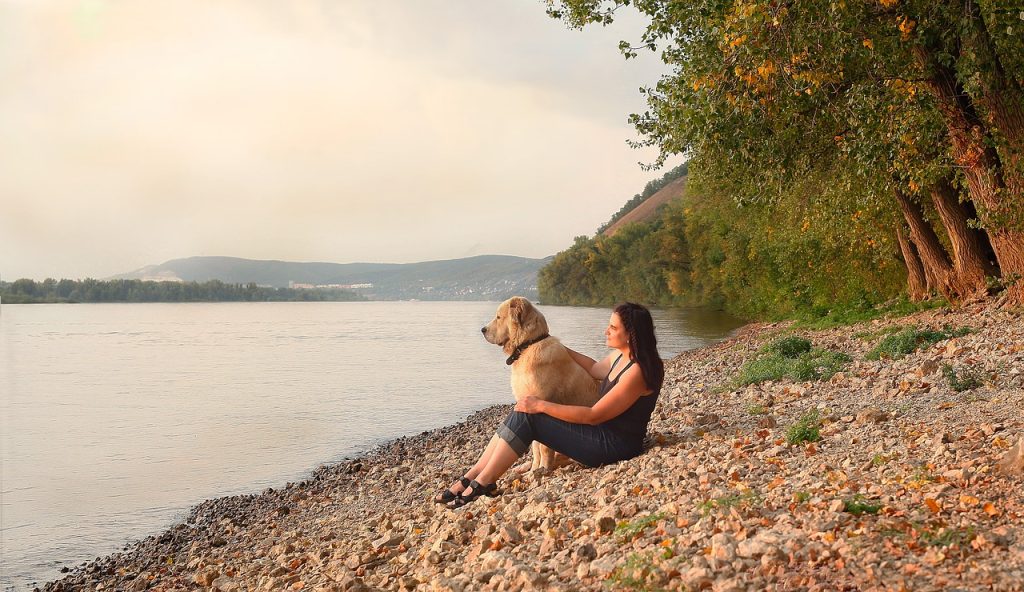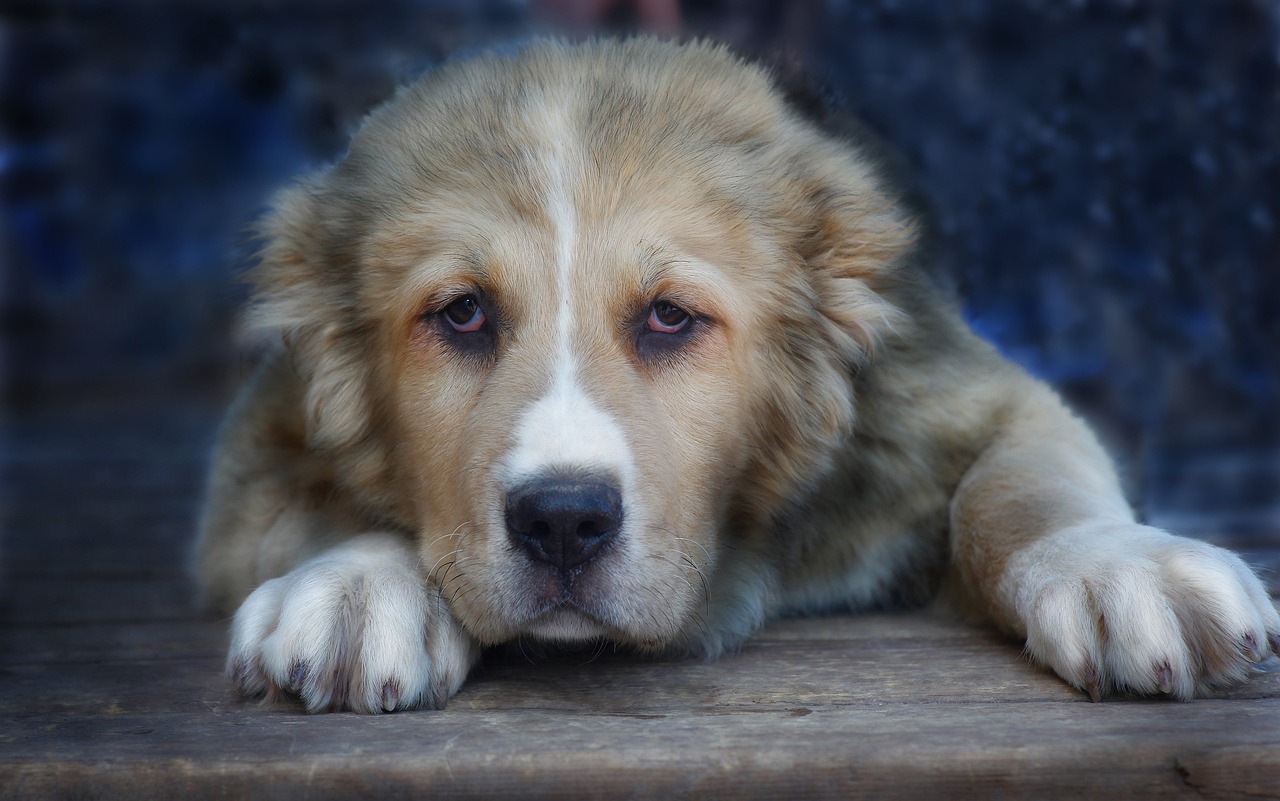The Central Asian Shepherd, often known as the Alabai, is a powerful, intelligent, and loyal breed that has been bred for thousands of years to guard livestock and protect homes. Their natural instincts for protection, combined with their large size and independent nature, make them a unique breed. If you’re considering bringing a Central Asian Shepherd into your home, one of the most critical decisions you’ll make is choosing the right breeder. A reputable breeder will not only ensure that you are getting a healthy, well-bred dog but will also support you in understanding the breed’s specific needs.
Here’s a guide to help you find a responsible Central Asian Shepherd breeder and what to look for during your search.
1. Reputation and Experience
When looking for a breeder, one of the first things to check is their reputation and experience with the Central Asian Shepherd breed. A breeder with years of experience will have deep knowledge about the breed’s temperament, health concerns, and care requirements. Here are some key factors to consider:
- Specialization: Look for breeders who specialize in Central Asian Shepherds rather than breeding multiple breeds. This demonstrates a focused commitment to the breed.
- Positive Reviews and References: Ask for references from previous puppy buyers or look for online reviews. A reputable breeder will be more than willing to provide references, and previous buyers will give you insight into their experience.
- Involvement in Breed-Specific Communities: Breeders who are involved in breed-specific clubs, attend dog shows, or participate in working dog trials demonstrate a commitment to the breed’s standards and ongoing development.

2. Health Testing and Genetic Screening
Central Asian Shepherds, like all large breeds, can be prone to certain genetic health issues, including hip dysplasia, elbow dysplasia, and heart problems. A responsible breeder will prioritize the health of their dogs by conducting genetic health testing and ensuring that their breeding stock is free from hereditary conditions.
- Ask for Health Certifications: A breeder should be able to provide certifications from organizations such as the Orthopedic Foundation for Animals (OFA) or PennHIP for hip and elbow evaluations. They should also provide health clearances for heart and eye conditions.
- Health Guarantees: Many responsible breeders offer a health guarantee for their puppies, ensuring that the puppy is free from serious genetic conditions for a specified period.
3. Breeding Ethics and Practices
A responsible breeder will adhere to ethical breeding practices to ensure the health and well-being of both the puppies and the breeding dogs.
- Limited Number of Litters: Ethical breeders do not overbreed their dogs. Ask how often their dogs are bred—frequent breeding can lead to health problems and may indicate that the breeder is focused on profit over quality.
- Breeding Age and Health of Parents: Breeders should wait until their dogs are physically and mentally mature before breeding. Generally, dogs should be at least two years old and have passed health tests before being bred.
- Proper Socialization: Puppies should be raised in a nurturing, stimulating environment where they are exposed to various sights, sounds, and people from a young age. This helps ensure that the puppy will grow into a well-adjusted adult.
4. Visit the Breeder’s Facility
A visit to the breeder’s facility can give you valuable insight into how the puppies are raised and cared for. A reputable breeder will welcome you to visit, meet the puppies, and see their parents. Here’s what to look for during your visit:
- Cleanliness and Organization: The breeding environment should be clean, spacious, and well-maintained. Puppies should have room to play and exercise in a clean area, and their living conditions should be safe and sanitary.
- Interaction with the Dogs: Pay attention to how the breeder interacts with the dogs. They should know each dog’s personality and be attentive to their needs. The dogs should appear healthy, active, and well-socialized.
- Meeting the Parents: Seeing the puppy’s parents can give you an idea of the temperament and size your puppy may have as an adult. Ensure that the parent dogs are healthy, friendly (though some may be more protective, which is natural for the breed), and well cared for.

5. Knowledge and Guidance from the Breeder
A responsible breeder is not just a seller of puppies—they should be a lifelong resource for you as a new owner. During your interactions, assess how knowledgeable the breeder is about the breed and whether they are willing to provide guidance.
- Breed-Specific Knowledge: The breeder should be well-versed in the Central Asian Shepherd’s temperament, needs, and health concerns. They should provide honest information about the breed’s challenges, such as their independent nature and high protective instincts.
- Puppy Matching: A good breeder will take the time to understand your lifestyle and goals to help match you with a puppy that suits your needs. Whether you’re looking for a family guardian or a livestock protector, the breeder should guide you toward a puppy with the right temperament for the job.
- Ongoing Support: Ask the breeder if they offer ongoing support and guidance once you bring the puppy home. A responsible breeder will be available to answer questions about training, feeding, and general care throughout the dog’s life.
6. Contracts and Policies
Reputable breeders will have a clear contract that outlines both their responsibilities and yours. The contract should cover:
- Health Guarantees: Ensure there is a health guarantee, typically covering a period in which you can return the puppy if genetic health issues arise.
- Spay/Neuter Agreements: Some breeders require non-breeding puppies to be spayed or neutered. This helps prevent unethical breeding practices and overpopulation.
- Return Policy: A reputable breeder will have a clause in the contract stating that they will take the dog back if, for any reason, you are unable to keep it. This demonstrates their commitment to the dog’s well-being.
7. Red Flags to Watch Out For
While searching for a Central Asian Shepherd breeder, be cautious of the following red flags:
- Puppy Mills or High-Volume Breeders: Avoid breeders who produce large numbers of puppies without care for the individual dogs’ health or well-being. These operations often prioritize profit over quality.
- No Health Testing: If a breeder does not perform health tests or is unwilling to provide documentation, this is a major red flag. Without health testing, there is a higher risk of genetic issues.
- No Contract or Vague Terms: A lack of a formal contract or unclear terms is a sign that the breeder may not be professional or responsible.
Conclusion
Choosing a Central Asian Shepherd breeder is a significant decision that will have a lasting impact on your experience with this magnificent breed. A responsible breeder will not only provide you with a healthy, well-socialized puppy but will also offer guidance and support throughout the dog’s life. Take your time to research and find a breeder who is committed to the breed’s health, temperament, and preservation. With the right breeder, you’ll be well on your way to welcoming a loyal, courageous, and lifelong companion into your home.

Leave a Reply
You must be logged in to post a comment.